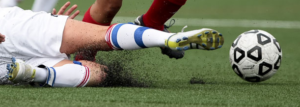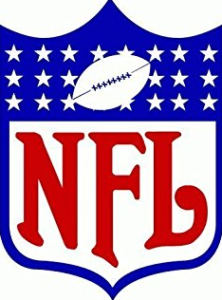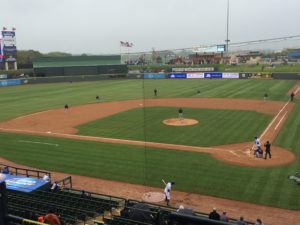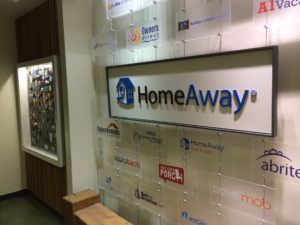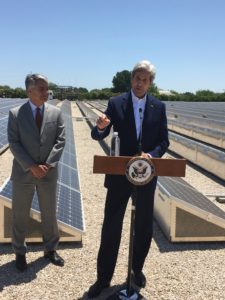Austin-based Cambio LLC, a job-matching platform maker, plans to solve the diversity problem with technology. The nascent company is marketing software to enable users to shorten the hiring process and eliminate the “deep systemic rot” of discrimination.
“Diversity and inclusion have been talked to death for 20-plus years,” CEO Neil Patwardhan said. “Humans are biased in general and for a long time bias in hiring has gone virtually unchecked since there isn’t a clear way to measure it. Until now.”
Cambio built a diversity-sourcing engine combined with deep bias analytics for recruiting teams. Patwardhan considers the software to be a hybrid tool that operates between job boards and HR application technology systems.
Notably, the company’s origin was sparked by the 2019 acquisition of Dun & Bradstreet Corp. by a group of private equity firms. Dun & Bradstreet subsequently downsized its Austin operations, and that left marketing exec Patwardhan and veteran technologist Bob Richards — both D&B employees — considering their options.
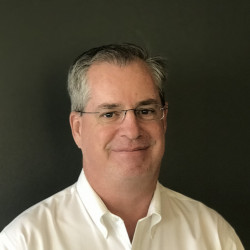
They created Cambio but repeatedly heard in HR focus groups that diversity remained a persistent problem for recruiters. So Patwardhan and Richards refined and pivoted their business model by focusing on a viable solution to combat discrimination in recruiting.
Cambio, which now employs six workers, has raised an undisclosed amount in a seed round of financing from an undisclosed group of angel investors, Patwardhan said.
The tiny startup is going after a sizable market.
Globally, the recruiting software space is projected to generate revenue of more than $3 billion by 2025, according to Fortune Business Insights Pvt. Ltd.
Meanwhile, the broader human resource management industry is projected to generate in the United States revenue of more than $10.8 billion in 2020. Globally, it reached nearly $15 billion in 2018, San Francisco-based Grand View Research Inc. found.
The HR tech space is dominated by well-established players such as Accenture PLC, Automatic Data Processing Inc., Cezanne HR Ltd., IBM Corp. and Oracle Corp., Grand View reports.
It’s not unusual for a full-service legacy tech company to acquire pure-play startups focused on specialized and niche-based tools.
Early users of Cambio’s software have largely operated in three specific spaces: hospitality, events, and service businesses in the retail and food industries, Patwardhan said.
In September 2019, the Society for Human Resource Management (SHRM) dropped the word “diversity” from its long-running conference to reflect the importance of more inclusive workplaces.



